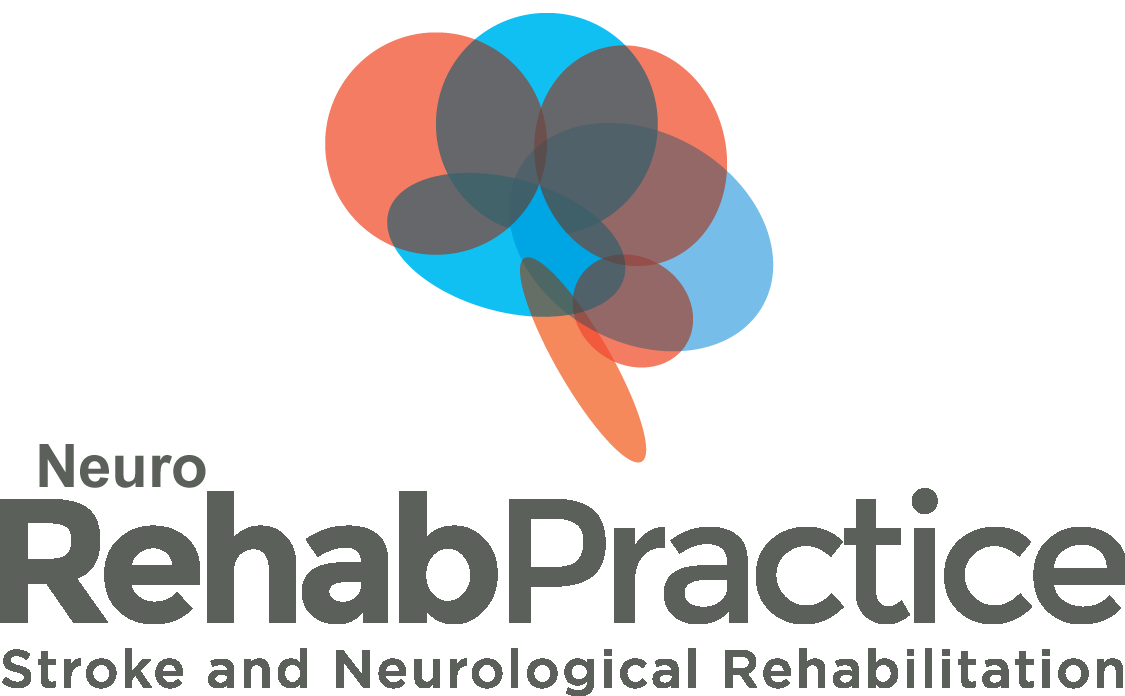The Rehab Practice Ltd Trading As:

Prolonged Disorders of Consciousness (PDoC)
What is a Prolonged Disorder of Consciousness?
A disorder of consciousness is a condition when consciousness has been affected by damage to the brain. Consciousness requires wakefulness, the ability to open your eyes and have basic reflexes and awareness, the involvement of more complex thought processes. Disorders of consciousness include various stages of awareness that can be subcategorised as coma, vegetative state (VS) and minimally conscious state (MCS). According to the Royal College of Physicians National Clinical Guidelines (2013), people are described as having a prolonged disorder of consciousness if they remain in a state of reduced consciousness for more than 4 weeks. The brain injury resulting in a PDoC can be caused by a traumatic event such as a road traffic accident, a fall, a non-traumatic event such as a stroke, infection, or lack of oxygen to the brain, or by progressive changes to the brain such Alzheimer’s Disease.
Your Assessment
Complex assessment initially takes places within a hospital environment where a person’s condition is monitored and reassessed at different intervals. Once their condition has stabilised and they have adequate care in place on discharge to either a care home or home, we will assess them in the community to determine their ongoing physiotherapy needs. This assessment may involve looking at joint and skin integrity, sensation, posture and seating, respiratory function, sleep/wake cycle, family or carer support, as well as 24hour care regime. In addition to this, a person’s state of consciousness will continue to be monitored throughout their programme, and in the event of any changes or emergence occurring, an appropriate assessment tool i.e. the Coma Recovery Scale (CRS) completed and referral on to other services made.
Treatment Plan
An optimal treatment plan will be implemented to ensure all aspects of a patient's ongoing management are addressed.
Treatment Sessions
With reference to the assessment and treatment plan, we tailor the person’s sessions accordingly. Treatment sessions may include hands-on therapy, established and monitoring a stretching and joint mobilisation programme, optimising posture both in bed and in sitting, sensory stimulation, standing therapy, as well as providing information and support to family and carers. We may also look at whether a person would benefit from other equipment or orthotics to assist in their recovery. In addition to this we will make appropriate referrals on to other services or therapies e.g. for further medical investigations, or linking with local charities and support groups.
